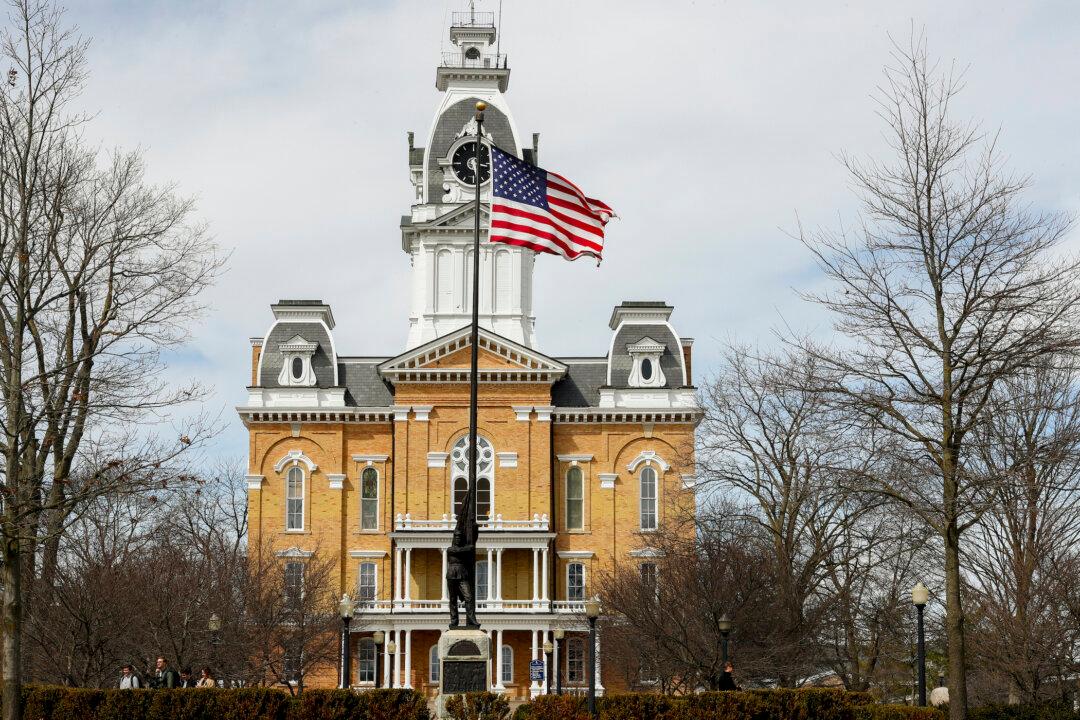Then-Senator JD Vance said in 2021 that “the universities are the enemy.” Borrowed from President Richard Nixon, the language foreshadowed a battle that has intensified through the opening of the second Trump administration.
President Donald Trump’s team has frozen or cut taxpayer-funded research to pressure universities to shutter their diversity, equity, and inclusion offices, and to curb anti-Semitism on campus tied to the anti-Israel protests.





